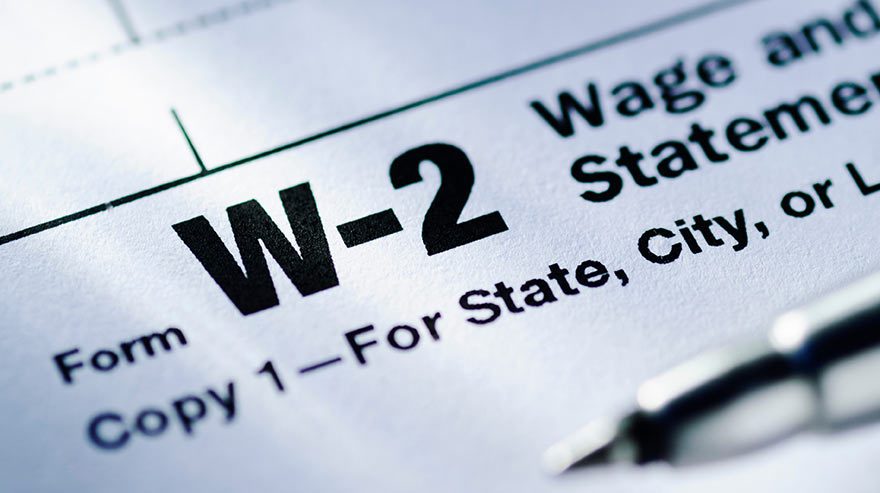A new law that aims to improve the accessibility of information and communication technology for people with disabilities took effect July 1. The law, HB21-1110, applies to state agencies, local governments and entities that contract with the state, requiring that organizations’ technology, hardware and software (public-facing and internal-facing) are accessible to people with disabilities.
To support Metropolitan State University of Denver’s digital accessibility efforts and adherence to HB21-1110, it’s essential that employees stay informed about the legislation and understand how they can support compliance, said Truong Nguyen, senior solutions architect with Information Technology Services.
“MSU Denver takes pride in fostering an inclusive environment where everyone has equal access to information and resources,” said Nguyen. “Over the coming months, the University will work to meet the compliance requirements defined by legislation. There is much work to be done, and all MSU Denver employees will be impacted in some way.”
Why digital accessibility matters
Digital accessibility refers to the practice of creating digital content and technologies that can be used by people with disabilities. It’s not just about meeting legal requirements, said Michelle Britt, director of Digital Marketing and Content Strategy. It’s about ensuring that everyone, regardless of ability, can access and interact with University digital content effectively, Britt said.
“As an institution of higher education, it’s crucial that we uphold the principles of accessibility in all aspects of our digital presence, including our website, online courses, documents, digital signage and multimedia content such as social media and video content,” said Britt. “By doing so, we not only comply with legal obligations but also fulfill our ethical responsibility to provide equitable access to digital materials for all individuals.”
Task force established to provide recommendations, audits
To put the University on track for compliance and help prepare employees to support digital accessibility efforts, senior leaders have established a Digital Accessibility Task Force. The task force will provide an executive summary and recommendations, including audits of digital content, ongoing training for faculty and staff members and implementing accessibility best practices in all stages of content creation and development.
This work will align the University with the Web Content Accessibility Guidelines, which provide specific criteria and guidelines for making online content more accessible to people with visual, auditory, physical, speech, cognitive, language, learning and neurological disabilities. MSU Denver is actively working toward achieving and maintaining compliance with the WCAG 2.1 AA standards across all of its digital platforms.
The Digital Accessibility Task Force is working closely with senior leaders to compile existing resources and document areas for improvement.
“All faculty and staff members are encouraged to familiarize themselves with accessibility principles and guidelines and to actively incorporate them into their work,” said task-force lead Shaun Schafer, Ph.D., associate vice president for Curriculum, Academic Effectiveness and Policy Development. “By working together, we can create a more inclusive and accessible digital environment for our entire community.”
More on HB21-1110: understanding the impact
HB21-1110, passed in 2021, focuses on improving the accessibility of information and communication technology for people with disabilities.
- Scope: The law applies to any technology provided by or procured by a government entity that is used by the public or a government-entity employee. This technology includes but is not limited to websites, applications, kiosks, digital signage, documents, video, audio and third-party tools.
- Accessibility standards: HB21-1110 mandates compliance with WCAG 2.1 AA standards, aligning with international best practices for digital accessibility.
- Compliance deadline: The Colorado Governor’s Office of Information and Technology recently announced a one-year grace period through HB24-1454 allowing Colorado government entities to continue their work to comply with the OIT rules through July 1, 2025.
Learn more
Watch the Early Bird for more updates from the Digital Accessibility Task Force. Additionally, the University’s accessibility webpage continues to be updated as additional information and resources are available.







